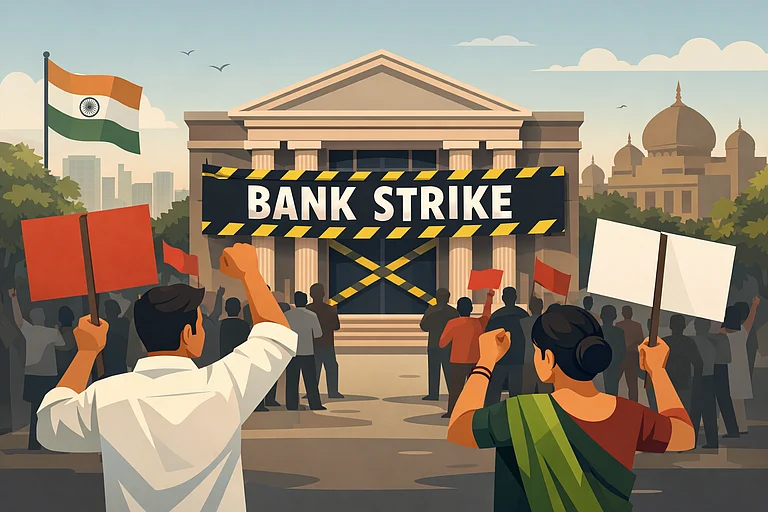Retirement has long been viewed as a single phase that comes after decades of working. Meanwhile, younger generations are adopting new approaches to financial planning and employment. They value comfort and flexibility and are unwilling to wait decades to get relaxation. Considering this raises questions regarding job advancement and long-term financial stability.
What is Micro- Retirement?
Micro-retirement is a trend where individuals, especially younger professionals, take extended breaks during their careers rather than waiting until traditional retirement age. People can take these pauses which can range from a few months to a year or two, to travel, and concentrate on personal objectives. In recent years, the significance of work-life balance and mental health has increased, and many people are escaping from their hectic work lives so they choose micro-retirement.
Why It Attracts Gen Z?
As most Gen Z professionals seek early retirement, micro-retirement is becoming increasingly appealing. Long pauses help avoid stress and burnout which can potentially cause major health problems if ignored. These pauses provide an opportunity to pursue new hobbies or concentrate on personal development, which can be frequently challenging in a structured work environment. People who want flexibility will find that micro-retirement offers a means of balancing their personal and professional objectives.
The concept of micro-retirement provides individuals the opportunity to temporarily step back from work, focus on personal growth and return with renewed motivation. More professionals are adopting these scheduled pauses to re-evaluate their objectives and preserve long-term career sustainability as career pathways grow less linear.
Is it a smart move?
As micro-retirement provides independence and flexibility but without a clear plan, it can have an influence on professional advancement, earning potential, and long-term financial security. Yogita Dand highlights the importance of having a clear reason before going on a career break.
She said, “Before making the decision to take a career break, it’s essential to understand the real reason behind it. If it’s for career advancement, like higher education, or personal responsibilities, it might make sense. But stepping away from work without a solid plan could mean missing out on valuable work experience, networking opportunities, and skill-building. These are the years when professional growth is at its peak, and pausing that momentum might not be the best financial move.”
Challenges of Micro-Retirement
1. Financial Instability: It might be challenging to maintain a micro-retirement without adequate savings or financial preparation as lengthy pauses limit revenue flow.
2. Career Gaps: Long durations of not working can leave gaps on a career profile, which makes it more difficult to find new employment or reenter the workforce.
3. Missed Career Growth Opportunities: Avoiding work can result in missed networking opportunities, important projects, and promotions, ultimately hindering long-term career growth.
4. Employer Resistance: As many companies in conventional sectors may not approve of long career breaks, micro-retirement is more difficult to implement.
Yogita also advises, “By saving at least 25 per cent more than estimated expenses before taking a break, you can better manage financial risks. Unexpected emergencies can wipe out savings, so having a well-funded emergency fund is crucial. Since employer-provided health insurance disappears once you leave a job, securing a personal policy is essential.”














